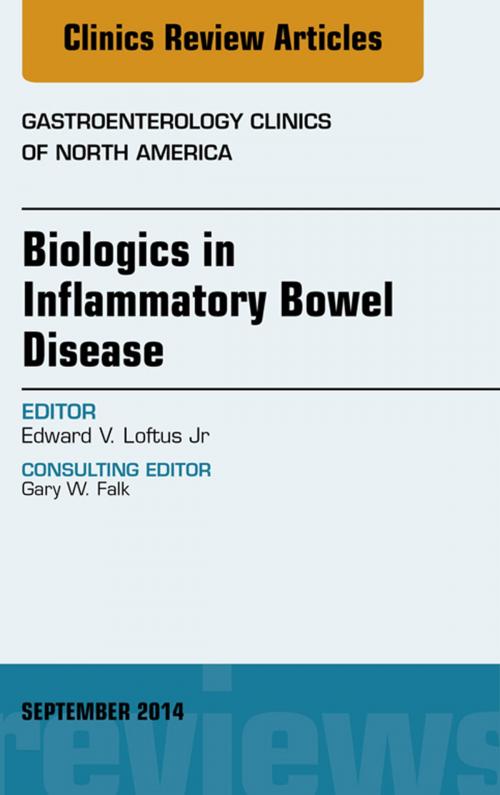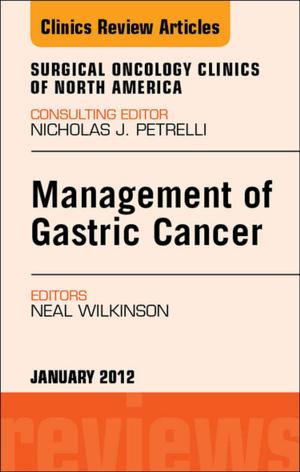Biologics in Inflammatory Bowel Disease, An issue of Gastroenterology Clinics of North America, E-Book
Nonfiction, Health & Well Being, Medical, Specialties, Internal Medicine, Gastroenterology, Ailments & Diseases, Diseases| Author: | Edward V. Loftus, Jr, MD | ISBN: | 9780323323260 |
| Publisher: | Elsevier Health Sciences | Publication: | August 21, 2014 |
| Imprint: | Elsevier | Language: | English |
| Author: | Edward V. Loftus, Jr, MD |
| ISBN: | 9780323323260 |
| Publisher: | Elsevier Health Sciences |
| Publication: | August 21, 2014 |
| Imprint: | Elsevier |
| Language: | English |
By the time this issue of Gastroenterology Clinics of North America is released, it will have been 16 years since infliximab was approved by the US Food and Drug Administration for the treatment of moderate to severe Crohn disease. Not only have we come a long way in understanding the efficacy and safety of infliximab, we are beginning to understand how and when to use the drug. Furthermore, as of this writing, we have five other biologic agents approved for either Crohn disease or ulcerative colitis, and there are many more molecules currently in drug development for these indications. In this issue,the Editors have assembled a collection of experts to provide the most cutting-edge information on the status of biologic therapy for inflammatory bowel disease.
By the time this issue of Gastroenterology Clinics of North America is released, it will have been 16 years since infliximab was approved by the US Food and Drug Administration for the treatment of moderate to severe Crohn disease. Not only have we come a long way in understanding the efficacy and safety of infliximab, we are beginning to understand how and when to use the drug. Furthermore, as of this writing, we have five other biologic agents approved for either Crohn disease or ulcerative colitis, and there are many more molecules currently in drug development for these indications. In this issue,the Editors have assembled a collection of experts to provide the most cutting-edge information on the status of biologic therapy for inflammatory bowel disease.















